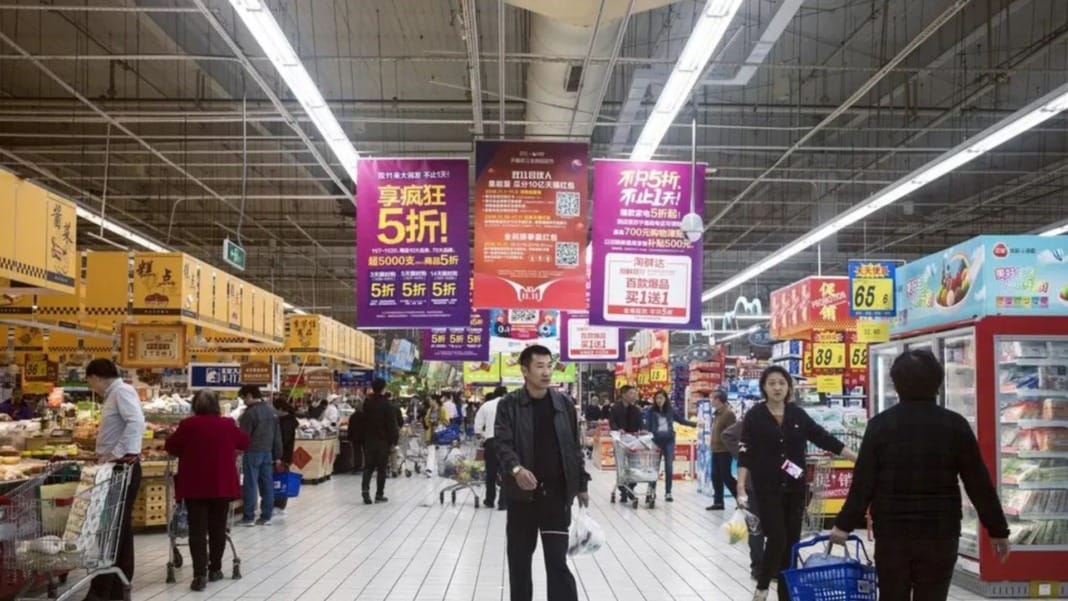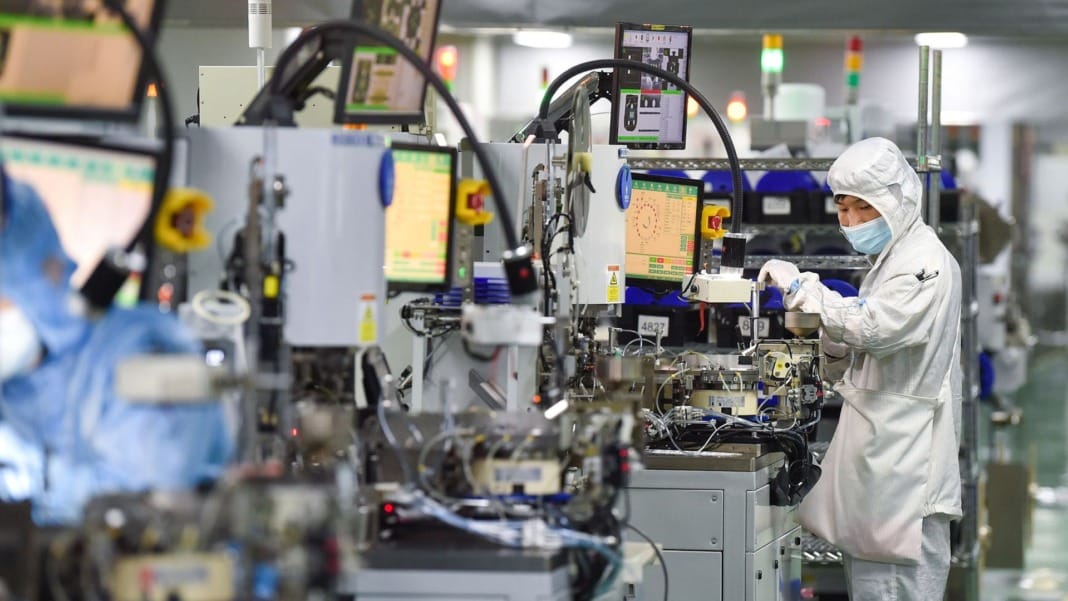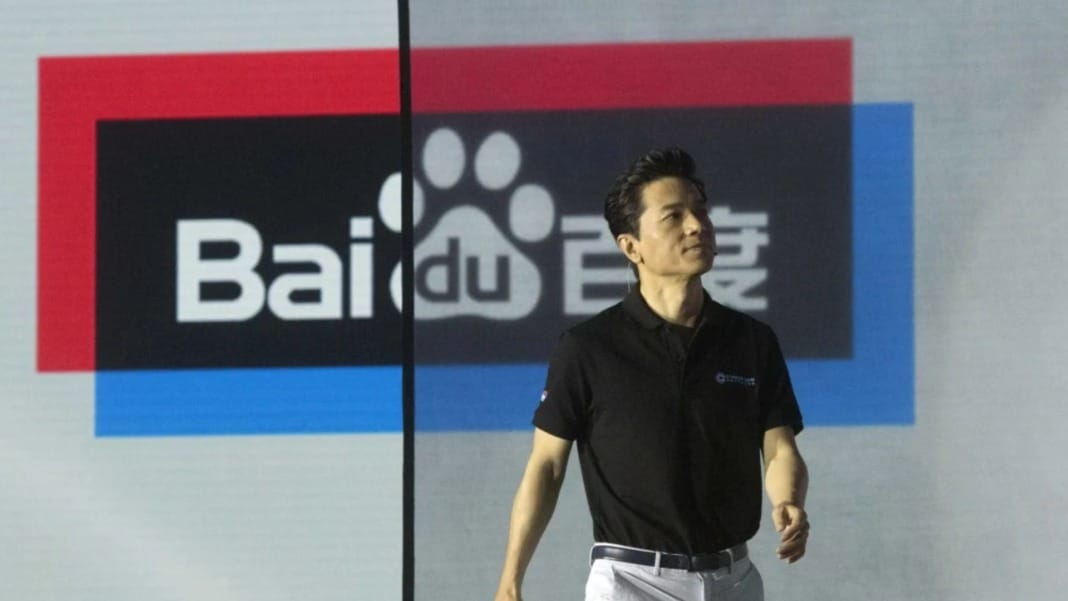Alibaba Group Holding has sold its entire stake in Sun Art Retail Group, China’s largest hypermarket operator, for HK$13.1 billion (US$1.7 billion). This move reflects the company’s strategic shift towards strengthening its e-commerce and cloud computing operations.
A step back from bricks-and-mortar
Alibaba’s deal with Chinese private equity firm DCP Capital was finalised on December 31, with the sale price at HK$1.75 per share. This transaction, detailed in a January 1 filing to the Hong Kong Stock Exchange, signifies a major pivot for the e-commerce giant.
The sale is expected to result in a 13-billion yuan (US$1.8 billion) loss attributable to Alibaba’s shareholders. However, the company views this as an opportunity to monetise non-core assets and redirect funds towards its primary business areas.
This is not Alibaba’s first divestment in traditional retail. In December, the company sold its stake in Intime Retail (Group), a department store chain, to the management of Chinese apparel firm Youngor Fashion and Intime. That deal incurred a 9.3-billion yuan loss for Alibaba. These decisions are part of group CEO Eddie Wu Yongming’s plan to prioritise e-commerce and cloud services, including artificial intelligence initiatives.
The rise and fall of Alibaba’s retail ambitions
Alibaba initially invested in Sun Art in 2017, gradually increasing its stake and taking control in 2020 for HK$28 billion. The acquisition was part of a vision to create a “new retail” model by blending online and offline shopping. Sun Art’s supermarket brands, such as RT-Mart and Auchan, were integrated with Alibaba’s platforms like Tmall Supermarket, Ele.me, and Taoxianda.
However, this vision faced significant obstacles. The COVID-19 pandemic, combined with an economic slowdown, dampened consumer spending. Meanwhile, competition in e-commerce intensified, with Pinduoduo and ByteDance’s Douyin offering aggressive discounts to attract customers.
In response, Alibaba has comprehensively restructured its vast business empire. In November, it merged its domestic and international e-commerce operations under one unit led by Jiang Fan, the group’s heir-apparent.
A new focus for Alibaba
Selling Sun Art signals that Alibaba is doubling down on its core strengths. The company’s filing noted that the move allows it to allocate resources better to areas like e-commerce and cloud computing.
This strategic shift comes as Alibaba’s stock continues to face challenges. Its shares in Hong Kong closed at HK$82.40 on December 29, having lost over 70% of their value since a peak in late 2020.
The sale also follows months of speculation. Investors anticipated a move after Sun Art’s shares were suspended in September, citing the potential announcement of a mergers-and-acquisition deal.
With the Sun Art chapter closing, Alibaba’s focus now turns to revitalising its e-commerce business amidst fierce competition and economic challenges.





